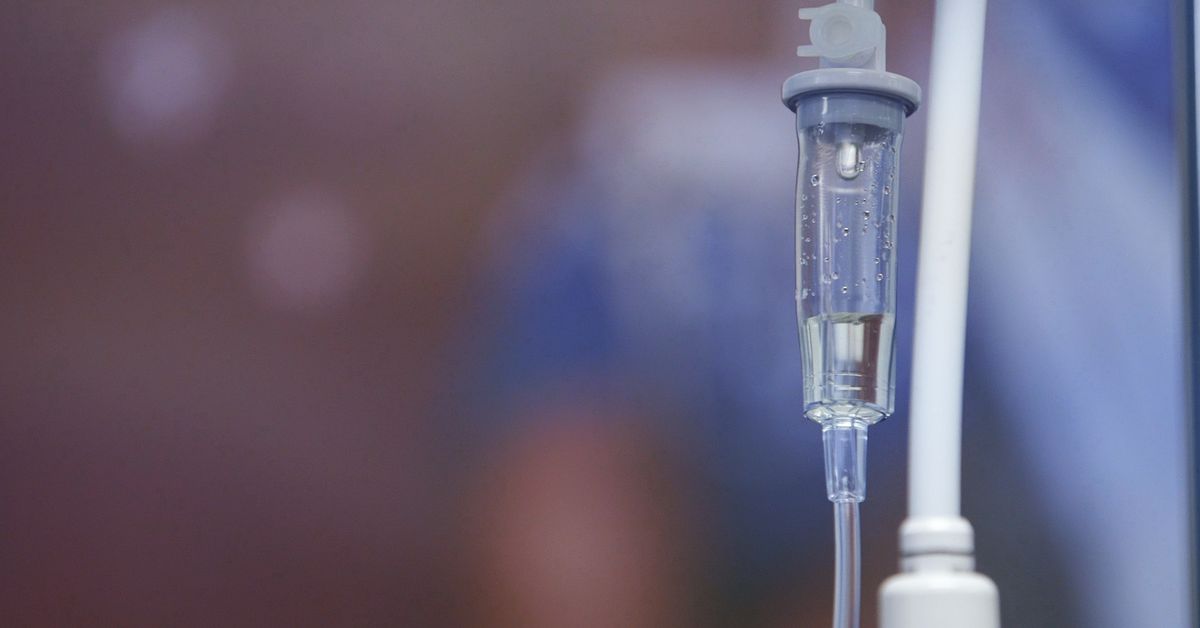
The majority of the doses of COVID-19 antibody drugs sent to states have not been used, Moncef Slaoui, head of Operation Warp Speed, the US government’s coronavirus vaccine effort, told CNBC. Around 65,000 doses of the drugs, which can help protect people at high risk of severe COVID-19 from developing serious cases of the disease, go out each week. Only 5 to 20 percent end up going to patients.
It’s disappointing, Slaoui told CNBC, because the drugs could help keep COVID-19 patients out of the hospital.
Doses are going unused because administering them is complicated. Ongoing surges in COVID-19 cases across the country mean states don’t have the resources to sort through those logistics. The Utah Department of Health told The Verge in November that the state had to focus on keeping hospitals afloat, and couldn’t devote the time to organizing distribution of the antibody drugs.
This is a giant failure that we need to remedy.
It is also a failure that many predicted.We have the tools now to end suffering from covid. We just need to find a way to get them to patients. https://t.co/XZULmqpSam
— Walid Gellad, MD MPH (@walidgellad) December 15, 2020
Despite the thousands of unused doses, the antibody drugs, made by the pharmaceutical companies Regeneron and Eli Lilly, are in limited supply. Each state gets a set amount each week based on the number of COVID-19 cases it’s reporting each week. Then, the state has to decide how to divvy it up between hospitals. It’s not a readily available resource, so doctors aren’t relying on it as a standard treatment.
Another challenge is that the antibody drugs have to be given to patients soon after they contract COVID-19. Timing is everything. If patients aren’t getting tested or don’t get test results back within a short window after they fall ill, they can’t benefit from the drug. Even if they do get diagnosed with COVID-19 quickly at a testing site, they may not start to feel seriously ill or call a doctor until they’re outside that window. Without that contact, they might not know about or be offered the drug.
In addition, the drug has to be given intravenously — so patients who are in the early, most contagious stages of their disease have to go to a hospital or outpatient facility where they will interact with nurses and doctors. States and health care organizations have to set up safe places for patients to receive the treatment.
Slaoui told CNBC that Operation Warp Speed may be able to help states work through those logistics. But for now, they’re still a barrier stopping thousands from receiving treatment for COVID-19.
